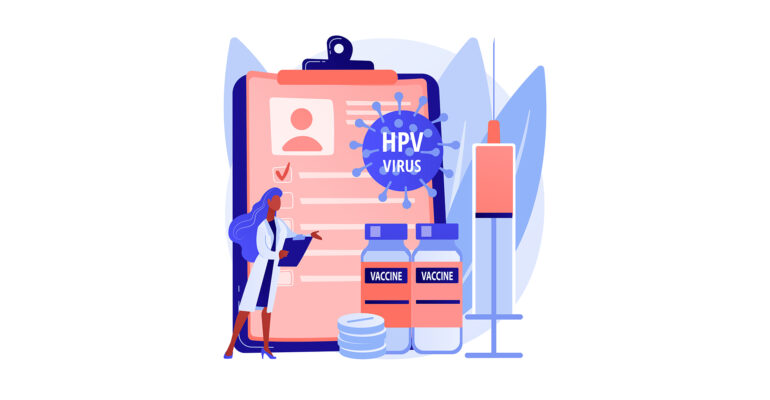STD Profile Tests
- VDRL/RPR for Syphilis
Chlamydia trachomatis and Nesseria gonorrhea test - HIV p24 antigen
- HIV I & II antibodies
- Hepatitis B surface antigen (HBsAg)
- Hepatitis C virus antibodies (HCV antibodies)
- HSV I and II- IgM and IgG
Get Reports On E-Mail & WhatsApp
How will I know if I have an STD?
About 50% of individuals have minimal or no symptoms at all.
Some have unusual discharge or fluid from penis, vagina or anal region. Some have burning during urination, while some develop blisters, sores, bumps or warts in the genital area. After an unknown exposure it is best to get tested within 7-10 days.
How often should I be tested for STIs?
If you develop any symptoms post an exposure, you should see a clinician and get tested immediately. If you have multiple partners, you should get tested before having a relationship with a new partner. It is ideal to get tested quarterly, if the risk of exposure is high. The only way to know If you have an STI is through testing.
Should my partner get tested?
We encourage you to bring your partner with you and get tested. If you are infected with an STD your partner could be at risk.
Can I get an STI test during my menstrual cycle?
Yes, you can get an STI test at any point during your menstrual cycle because many of them are blood tests. If you still have concerns, the best would be to talk to your clinician and schedule a visit for testing accordingly
Is my visit confidential?
Your test results are confidential. We do not share any information with anyone without your consent.
Should my partner get tested?
We encourage you to bring your partner with you and get tested. If you are infected with an STD your partner could be at risk.
Do I have to be seen by a clinician to get a rapid HIV test?
HIV test can be done voluntarily with your consent and a prescription is not required. It is important to realize that if you are at risk for acquiring HIV you are at risk for getting other STDs, too. It would be beneficial to get a full check up by the clinicians.


